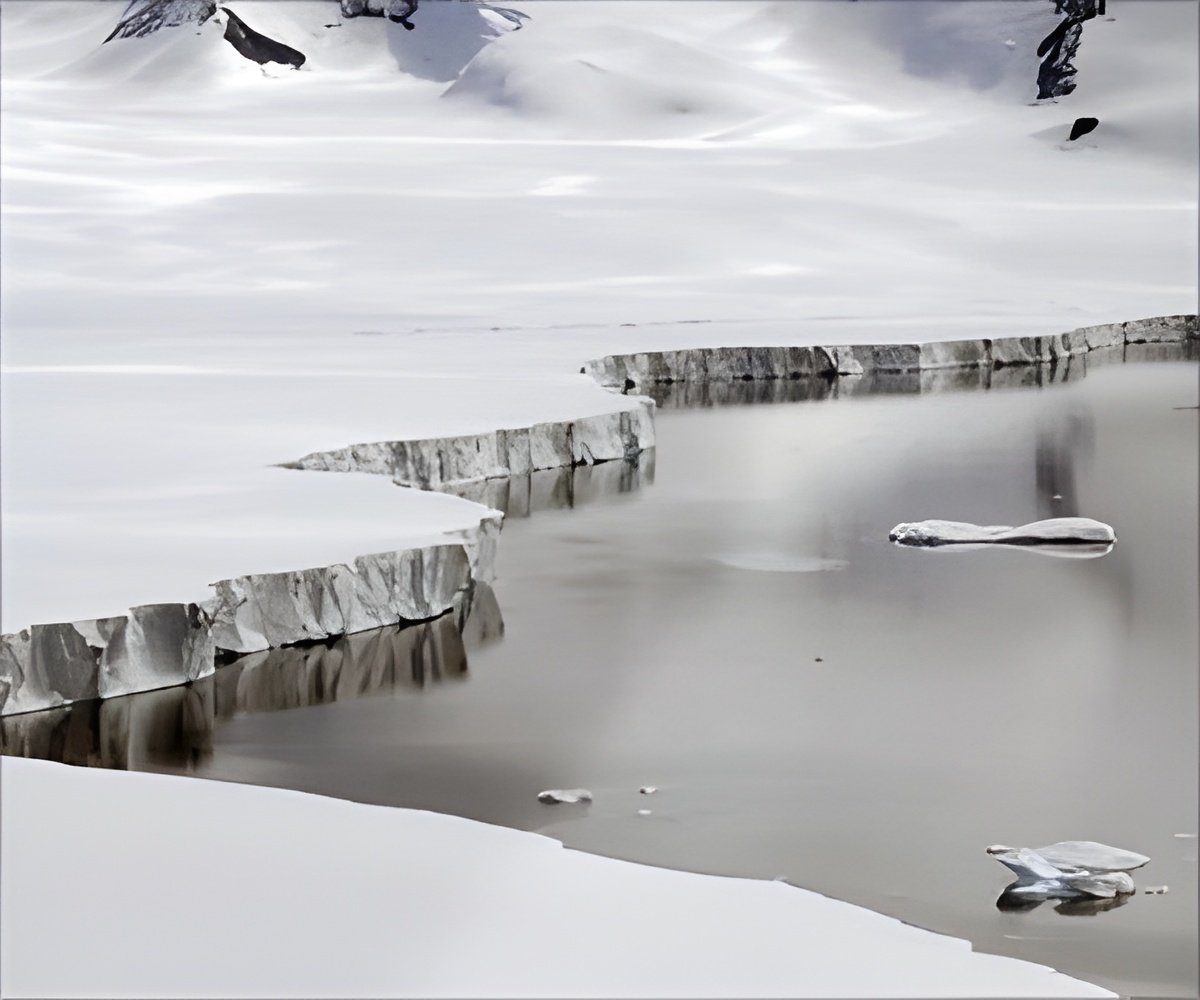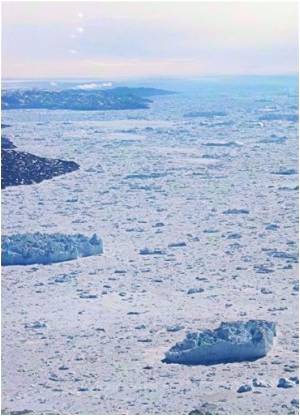Compared to other types of data, the Princeton study shows that ice is melting from West Antarctica at a far greater rate than was previously known.
Antarctica’s ice cap is melting ever faster, revealed researchers Christopher Harig and Frederik Simons. They found that the ice loss has increased by six billion tons per year during the last 11-years. In the southern continent, it is the ocean currents rather than air temperatures that melt the ice, and melted land ice contributes to higher sea levels in a way that melting icebergs do not. As the ocean water warms, floating ice shelves melt and can no longer hold back the land ice. Researchers developed a unique data-analysis method that allowed them to separate GRACE data by specific Antarctic regions.
When the researchers ’weighed’ Antarctica’s ice sheet, they found that from 2003 to 2014, the ice sheet lost 92 billion tons per year. They also found that since 2008, ice loss from West Antarctica’s unstable glaciers doubled from an average annual loss of 121 billion tons of ice to twice that by 2014.
Frederik Simons, associate professor of geosciences, Princeton University and co-author of the study, said, "With the rapidly accelerating rates at which the ice is melting, and in the light of all the other, well-publicized lines of evidence, most scientists would be hard pressed to find mechanisms that do not include human-made climate change."
Christopher Harig, research associate in geosciences, Princeton University and first author of the study, said, "Compared to other types of data, the Princeton study shows that ice is melting from West Antarctica at a far greater rate than was previously known."
The study is published in
Earth and Planetary Science Letters.
Source-Medindia

 MEDINDIA
MEDINDIA


 Email
Email





